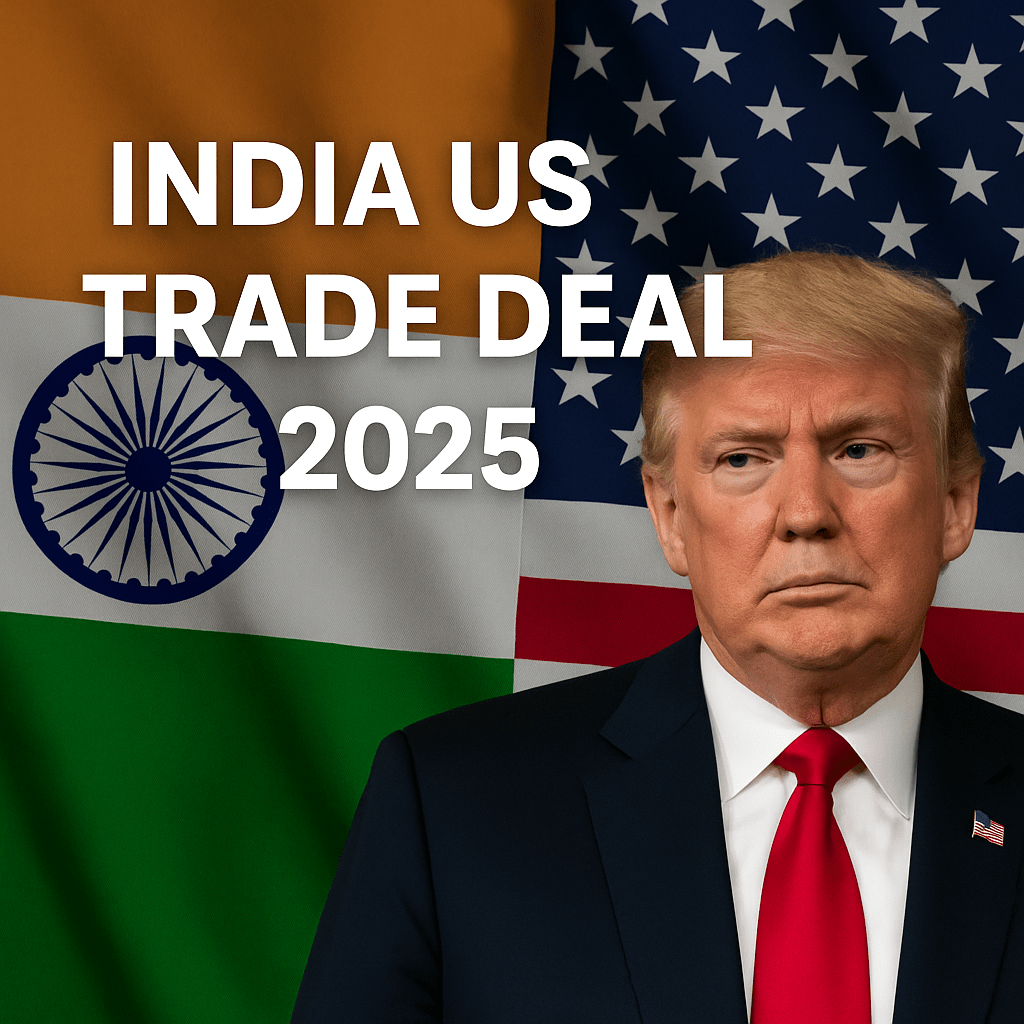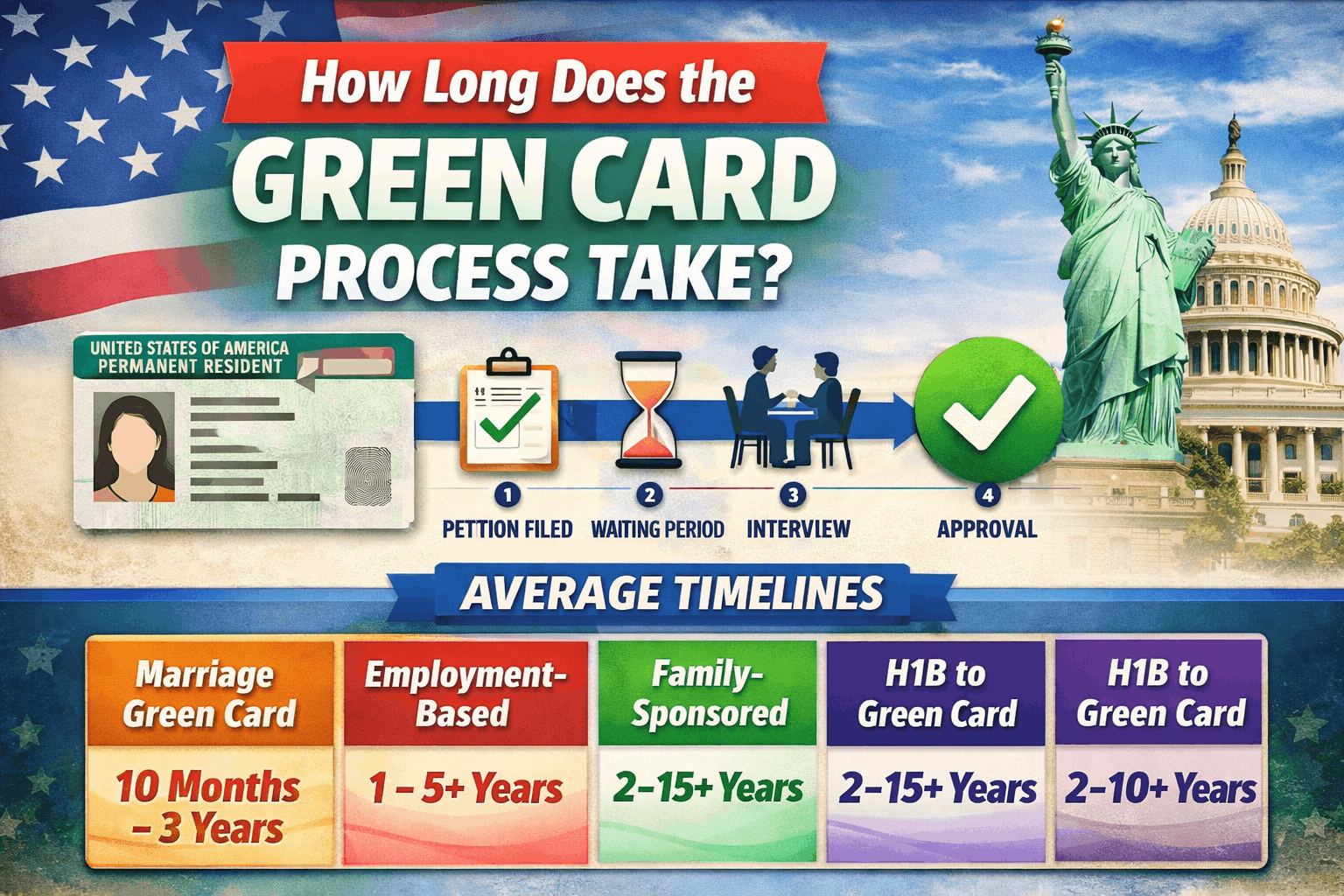|
Getting your Trinity Audio player ready... |
The highly anticipated India US Trade Deal 2025 has hit a potential roadblock as former U.S. President Donald Trump issued a stark warning over India’s growing participation in BRICS. In a statement that sent ripples through diplomatic and financial circles, Trump threatened to impose an additional 10% tariff on Indian goods, claiming BRICS poses a threat to American economic interests.
This development comes at a critical moment, as New Delhi and Washington are in the final stages of solidifying a landmark trade agreement. The deal is expected to unlock significant tariff relief and bolster economic ties between the two democracies, reinforcing their strategic partnership in a world marked by shifting geopolitical alliances.
Trump BRICS Tariff Warning Raises Diplomatic Alarms
Speaking at a press conference on Tuesday, Trump denounced BRICS a coalition of emerging economies including Brazil, Russia, India, China, and South Africa as “anti-American.” He warned that any country seen aligning too closely with the bloc’s agenda, particularly efforts to weaken the US dollar through BRICS currency proposals, could face harsh economic penalties.
This Trump BRICS tariff warning puts India in a delicate position. While New Delhi remains a committed member of BRICS, it has consistently distanced itself from any attempts to undermine the global dominance of the dollar. Indian officials have clarified that their interest in local currency trading within BRICS is purely pragmatic and aimed at reducing economic risks, not challenging the U.S.-led financial order.
India Walks a Fine Line in Global Trade Politics

With India US relations in 2025 reaching new heights, this diplomatic tension couldn’t come at a more sensitive time. Prime Minister Narendra Modi and the Biden administration had made significant headway in framing the India US Trade Deal 2025 as a symbol of mutual respect and cooperation in a multipolar world.
However, Trump’s renewed influence in U.S. politics and his aggressive stance on trade adds uncertainty to the process. Despite the noise, Indian authorities remain cautiously optimistic.
“We are not alarmed by the statements made,” a senior Indian official stated, speaking on condition of anonymity. India’s foreign policy has consistently been balanced. Our engagement with BRICS is strategic, not confrontational. The U.S. remains a key economic partner.”
BRICS Trade Impact on India: Balancing Growth and Diplomacy
Analysts believe the BRICS trade impact on India will depend on how effectively the country manages its dual identity as a rising voice in the Global South and a key partner in Western alliances. India is scheduled to chair the BRICS summit in 2026, a role that may draw further scrutiny from Washington.
At the recent BRICS summit in Brazil, member nations jointly criticized trade-distorting tariffs, a move likely to fuel further concerns in the U.S. While Brazil and South Africa openly condemned Trump’s remarks, India chose not to issue a public response underscoring its cautious approach.
Modi-Trump Trade Negotiations and the Road Ahead

Although the current administration is working closely with India, Modi-Trump trade negotiations in the past were marked by friction and unpredictability. Trump has often linked trade concessions with political alignment, a strategy that worries Indian policymakers.
Still, there is hope. Trade experts suggest that India’s clear stance against BRICS’ proposed common currency, and its ongoing commitment to fair trade, could help maintain U.S. goodwill.
“India has drawn a clear line between de-dollarization and local currency trade,” said Dr. Mohan Kumar, former WTO envoy. “That distinction is important, particularly at this high stakes.”
Strategic Stakes and Economic Opportunities: India US Trade Deal 2025
As the world’s two largest democracies navigate this sensitive moment, the US India strategic partnership remains a cornerstone of global stability. The India US Trade Deal 2025 is not just about tariffs it represents a broader alignment of values, markets, and long-term interests.
In the coming weeks, all eyes will be on how Washington reacts. Will Trump’s remarks derail progress, or simply serve as political posturing? For now, New Delhi is standing firm quietly but confidently steering its course through turbulent diplomatic waters.







